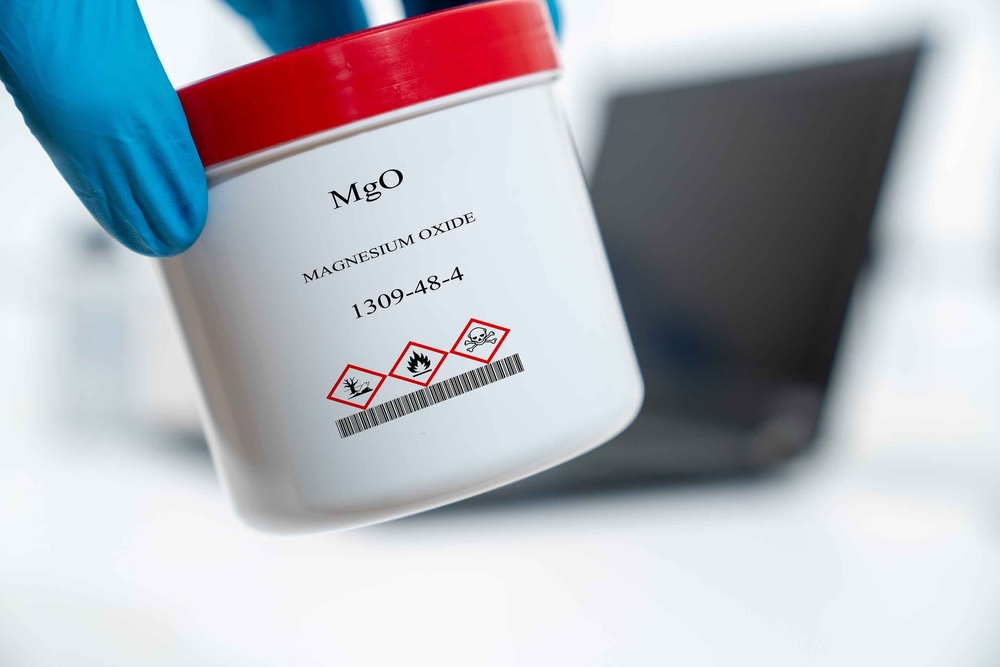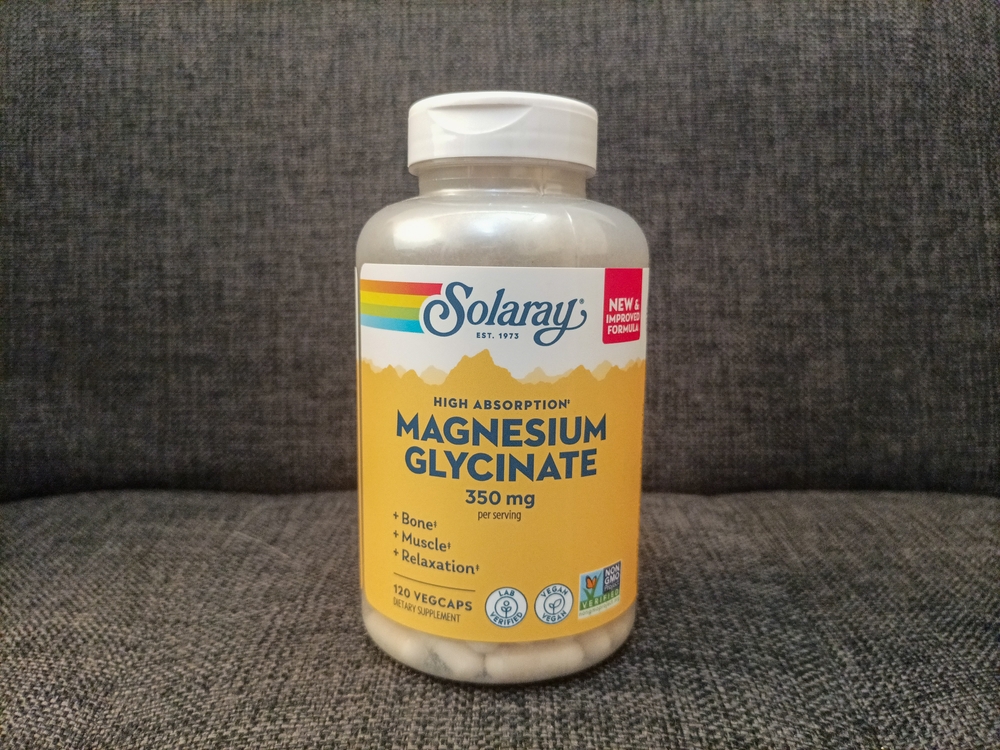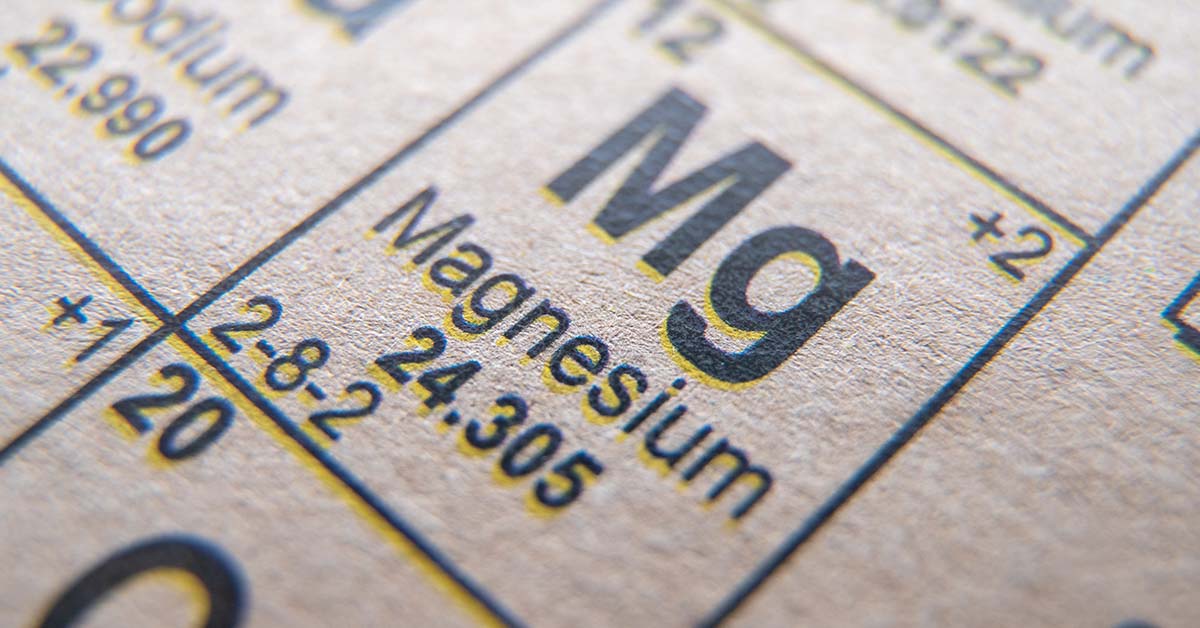There are numerous forms of magnesium, which are critical for over 300 metabolic functions in the body. These various forms of magnesium, in which some are better for treating particular conditions and symptoms than others. It benefits health by improving blood sugar levels, blood pressure and reducing anxiety. These critical functions include the production of energy, regulates heart rate, synthesises and activates vitamin D and metabolizes bones minerals and glucose.
While dietary sources exist, modern diets often lack magnesium-rich foods, contributing to widespread deficiency. Only approximately 20-40% of dietary magnesium actually becomes bioavailable to the body, emphasizing the challenges in obtaining sufficient amounts through food alone. Western diets, often characterized by processed foods and refined grains, further exacerbate this issue, making it difficult for individuals to meet recommended daily intake levels.
This deficiency increases the risk of several health conditions, including obesity, diabetes, cardiovascular disease, metabolic syndrome, and osteoporosis, particularly for older adults. However, there are convenient and easy ways to mitigate these deficiencies: through magnesium supplements.
Read More: Why Up to 80% of Us are Deficient in Magnesium
Benefits of Magnesium

Magnesium is crucial for many metabolic functions and hosts a myriad of potential health benefits. A deficit in magnesium can lead to several health problems, many of which are related to inflammation. Deficits in magnesium have also been linked to more serious health complications such as obesity and diabetes. There is also the possibility that the lack of magnesium can be caused by many modern diseases, including obesity and diabetes.
In the pancreas, magnesium actively participates in beta-cell activity, directly influencing insulin secretion and impacting our ability to regulate blood glucose. A deficiency can lead to impaired insulin secretion, reduced glucose processing, and ultimately, insulin resistance. These are all contributing factors to the development of type 2 diabetes.
The cardiovascular system also benefits immensely from magnesium intake. It regulates calcium levels in the blood, consequently relaxing blood vessels and inhibiting their constriction. This contributes to healthy blood vessel tone and protection against hypertension (high blood pressure). Magnesium further promotes inner blood vessel health (endothelial function) by stimulating the release of nitric oxide (NO). Nitric Oxide is a crucial molecule for maintaining cardiovascular health.
Read More: Can Adding Magnesium To Your Diet Help Regulate Blood Pressure?
Types of Magnesium Supplements and Supplementation Strategies

Beyond these core functions, magnesium has significant effects on neurological health. It binds to and blocks NMDA receptors in the brain, preventing glutamate-dependent transmission involved in migraine headaches. Additionally, it acts as a GABA agonist, helping brain activity and potentially improving sleep quality. Magnesium also affects serotonin receptor activity and regulates platelet aggregation.
This suggests broader implications for mood regulation and overall brain health well-being. While some observations related to magnesium’s benefits may be due to correcting deficiencies, these mechanisms provide a strong foundation for understanding its potential role in promoting health and preventing disease.
Different forms of magnesium, such as magnesium citrate and glycinate, may offer varying levels of absorption and effectiveness for specific symptoms or conditions, warranting further research into supplementation specific to the individual’s needs. Here are ten types of magnesium supplements.
1. Magnesium Oxide

Magnesium oxide combines magnesium and oxygen to create a white, powdery salt often sold in powder or capsule form. It is not typically used to fix magnesium deficiencies due to its poor absorption in the digestive tract. However, it is frequently used to relieve digestive symptoms like heartburn, indigestion, and constipation. Magnesium oxide is also used to treat and prevent migraine episodes, although more research is needed on its effectiveness for this application.
2. Magnesium Glycinate

Magnesium glycinate is a form of magnesium that is easily absorbed by the body. It is created by combining elemental magnesium with the amino acid glycine. This supplement is less likely to cause gastrointestinal side effects compared to other magnesium types. Magnesium glycinate typically comes in capsule, tablet, or powder form.
It is commonly used for its calming properties and may help alleviate anxiety, depression, stress, and insomnia. Additionally, it supports muscle recovery, improves sleep quality, and may even aid in reducing symptoms of depression. While glycine itself has shown potential benefits for sleep and inflammatory conditions like heart disease and diabetes in animal studies, more in depth research is needed to confirm these effects in humans.
3. Magnesium Malate

Magnesium malate is a highly absorbable form of magnesium created by combining elemental magnesium with malic acid. Malic acid is naturally found in some fruits and vegetables. This supplement typically comes in capsules or tablets and is known for its ease of absorption by the body and reduced risk of gastrointestinal side effects compared to other magnesium forms.
Magnesium malate is used to alleviate symptoms of chronic conditions such as fibromyalgia and chronic fatigue syndrome, offering potential pain relief and improved energy and alertness. Additionally, it supports muscle health, enhances exercise performance, aids in blood pressure and blood sugar regulation, and may improve mood and cognitive function. While its benefits for chronic conditions show promise, further studies are needed to confirm these effects.
4. Magnesium Citrate

Magnesium citrate is a widely used form of magnesium created by combining magnesium with citric acid, a compound naturally found in citrus fruits. This supplement is easily absorbed by the body, and typically comes in capsules, powder, tablets, or liquid form. Magnesium citrate is primarily used to replenish magnesium levels and treat mild constipation due to its natural laxative effect.
It also supports muscle function, bone health, and cardiovascular health while aiding in calcium absorption. Additionally, it may help alleviate symptoms of metabolic syndrome, such as high blood pressure and blood sugar levels, and is occasionally marketed for stress relief and improved mood. While its benefits for anxiety and depression show promise, further research is needed to confirm these effects.
Read More: I Drank Magnesium for 7 Days, Here’s Why it was the Best Decision Ever
5. Magnesium chloride

Magnesium chloride is a magnesium salt combined with chlorine, known for its high absorption rate and versatility. It is commonly available in capsules, tablets, powders, liquids, and topical forms such as oils, lotions, or bath flakes. Taken orally, magnesium chloride effectively replenishes low magnesium levels and supports muscle and nerve function, heart health, and bone strength.
It is also used to alleviate conditions like heartburn, indigestion, and constipation due to its laxative properties. Topically, it may help relax sore muscles and improve skin health, though it does not significantly boost magnesium levels through the skin. Additionally, some evidence suggests it may aid in managing depression and improving sleep. However, oral use can sometimes cause gastrointestinal side effects like diarrhea.
6. Magnesium Taurate

Magnesium taurate is a compound created by combining magnesium with a modified form of the amino acid, taurine. It typically comes in supplement forms such as capsules or tablets. This compound is used to alleviate anxiety and may offer neuroprotective benefits, potentially preventing brain tissue damage. Animal studies have shown that magnesium taurate is rapidly absorbed by the body and can easily pass into the brain, enhancing magnesium levels and reducing anxiety symptoms. However, more research is needed to fully understand its effects in humans.
7. Magenesium Threonate

One special form of magnesium is called magnesium L-threonate. This type is different because it can easily enter the brain, which helps with memory, learning, and clear thinking. Some studies suggest it may be especially helpful for older adults with memory problems. Magnesium L-threonate might also help improve sleep quality and relaxation, making it easier to fall and stay asleep. Some research also shows it could help lower anxiety and support mood balance. Because of how well it works in the brain, this form of magnesium is often chosen for supporting mental focus and overall brain health. More research is still needed to more definitiely support its effects.
Choosing the Right Magnesium for Your Health

Magnesium actively supports numerous bodily functions, and maintaining adequate levels is crucial for overall health. Low magnesium levels can lead to serious conditions such as depression, heart disease, and diabetes. If your diet lacks sufficient magnesium, consider incorporating supplements into your routine. Various forms of magnesium are available, each offering unique benefits, such as relieving heartburn, constipation, and other health issues. To determine which type best suits your needs, consult with your doctor, pharmacist, or healthcare professional who can provide personalized guidance.
Read More: How a Diet High in Magnesium Might Impact Dementia Risk
This site contains product affiliate links. We may receive a commission if you make a purchase after clicking on one of these links
Disclaimer: This information is not intended to be a substitute for professional medical advice, diagnosis or treatment and is for information only. Always seek the advice of your physician or another qualified health provider with any questions about your medical condition and/or current medication. Do not disregard professional medical advice or delay seeking advice or treatment because of something you have read here.

